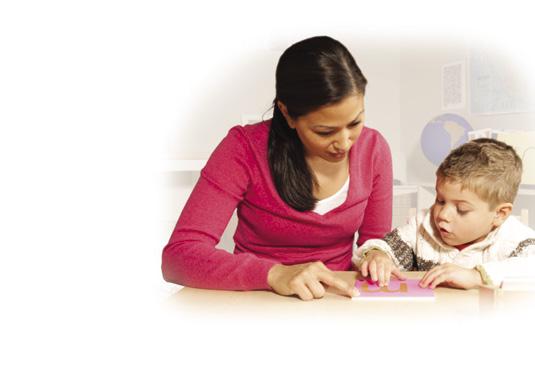
3 minute read
How to Disagree with Your Teen in an Empowering Way
by Kathryn Kvols
I am sure you are all painfully aware of the damage that is caused by the ‘haters’ in the world. Haters spew their venom on school buses, in classrooms, hallways and all over the many forms of social media. This can cause anxiety, pressure, depression, avoidance and suicidal thoughts; unfortunately it is hard to protect your teen from it.
Being accepted and emotionally safe are huge needs for teens these days. They may not receive this from the outside world but it is one thing we can control in our homes.
We can counteract offenses that haters cause by teaching ours teens that they're loved. But first, let’s look at the things we inadvertently do that perpetuates an unsafe environment problem at home.
We do this by:
Withdrawing love (silent treatment) towards them if they do something you don’t agree with not fully listening to how they think and feel.
Jumping to conclusions too quickly.
Being simply disappointed in them, either in your mind/beliefs or showing disapproval via body language, actions or words.
Here is what you can do instead:
Listen intently, without preparing your response while they are talking.
Avoid being reactionary. Give yourself a moment to think about what you want the outcome of your conversation to be before you respond.
Empathize, reflect, mirror.
Find something about what they are saying that you can agree with and put emphasis on that.
Because kids tend to act impulsively, it is helpful to ask questions that help them to understand the consequence of their behavior. Ask questions like, “What will happen if…?” “What will you do if…?” Make sure you ask these questions in a curious rather than a judgmental tone. When we ask questions, it helps your teen think. When we tell them what to do, we create resistance.
If you have to disagree, say things like, “I disagree with what you are saying/doing/ thinking. Here is why… What I would prefer you to do is… But just because we disagree, it does not mean that I don’t love you. It is great that we can disagree and still love each other. We are safe with each other.”
For Example
Ineffective communication:
Teen: “I hate my science teacher. I know more about this stuff than she does. I am skipping her class today!”
Parent: “Oh no you are not! You think you know everything! You have got to get a good grade in that class or you won’t get into college. Now buckle down and study!”
Do you feel the pressure, disconnection and resistance this parent is generating?
Effective communication:
Parent: “Yeah, sitting in a boring class is challenging! (empathizing and finding one thing to agree on).
Teen: “Sure is!”
Parent: ”What will happen if you skip the class?” (Asking a non-judgmental question.)
Modeling disagreement while maintaining love and acceptance in your life with family members, in-laws, neighbors, etc. is also powerful. Of course, if your child is doing something self-destructive, you will want to take a stronger stance.
Parenting Practice:
This week, practice disagreeing with your teen while still making them feel loved, accepted and emotionally safe.










